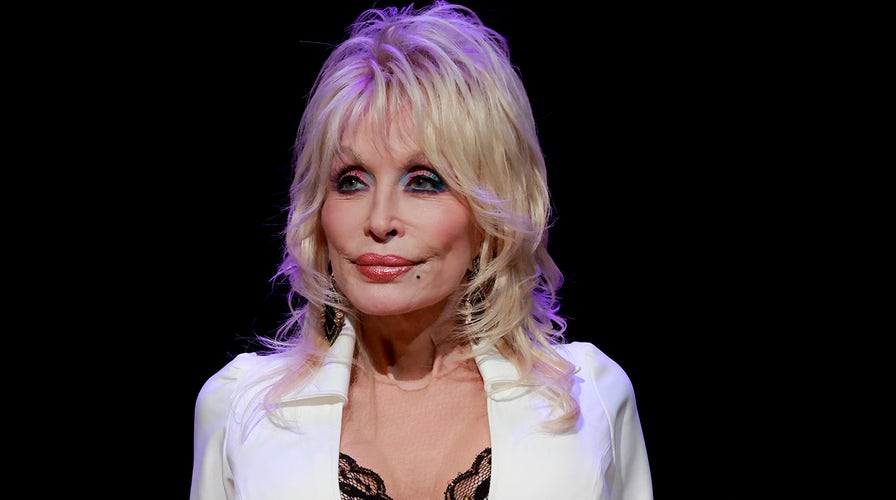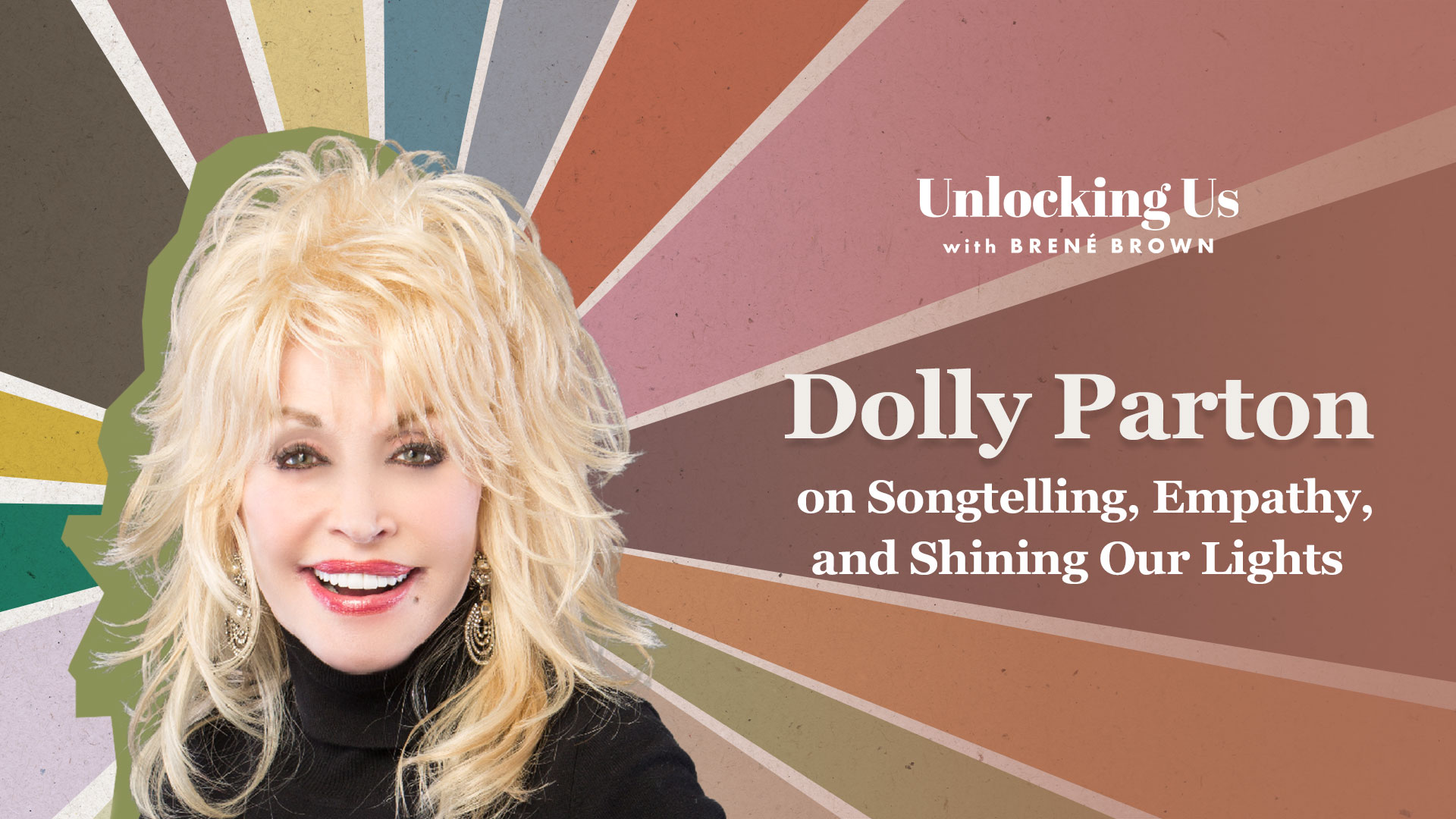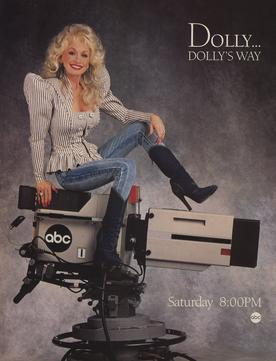Dolly Parton's Quiet Rebellion: A Critique of Reality TV's Manufactured Drama
Dolly Parton's decision to decline judging roles on reality TV subtly critiques the entertainment industry's values, emphasizing genuine artistry over commercialized spectacle.

In the bustling world of talent shows, where dreams are often manufactured through the lens of a camera, Dolly Parton has delivered a quiet, yet resounding statement. Her choice to decline a judging role on high-profile platforms like American Idol is more than a personal decision; it's a subtle critique of the entertainment industry's values.

The allure of such shows lies in their promise of discovering "authentic" talent, but Dolly Parton's refusal to participate highlights a glaring contradiction—authenticity cannot be commodified. In her own words, "I just can’t hurt people," she offers more than a glimpse into her compassionate nature; she questions the very fabric of these shows that often thrive on the raw emotional fallout of their contestants.

Parton's career, built on sincerity and kindness, contrasts sharply with the manufactured drama of reality TV. Her decision serves as a reminder that, in our current media landscape, where every tear and triumph is broadcast for ratings, there exists a profound disconnect between genuine artistry and commercialized spectacle.
Dolly is subversively upholding a tradition of empathy over entertainment, directing a well-aimed, albeit gentle, critique at a system that values viewership over vulnerability. Yet, the industry continues without pause, bolstered by an audience hungry for the next viral moment rather than a meaningful connection.
By stepping away, Parton casts a long shadow over a format often too eager to exploit rather than elevate. She reaffirms a belief system in which nurturing talent includes protecting the emotional well-being of aspiring artists, rather than subjecting them to the whims of public scrutiny for the sake of ratings.
In an era where the line between performance and reality is increasingly blurred, Dolly Parton's decision is a clarion call to reassess the values we hold dear. Her quiet defiance is a stand against the hollow applause of simulated authenticity, championing a return to the days when music and emotion were intertwined, not separated by commercial interests.
Perhaps the real lesson here is not in what Dolly Parton has declined, but in what she continues to teach us: true artistry does not need the validation of a televised spectacle, and the most profound connections are often found off-camera. Her choice is a quiet, elegant reminder of the role empathy should play in an industry obsessed with the bottom line, challenging us all to reconsider what truly constitutes success.



